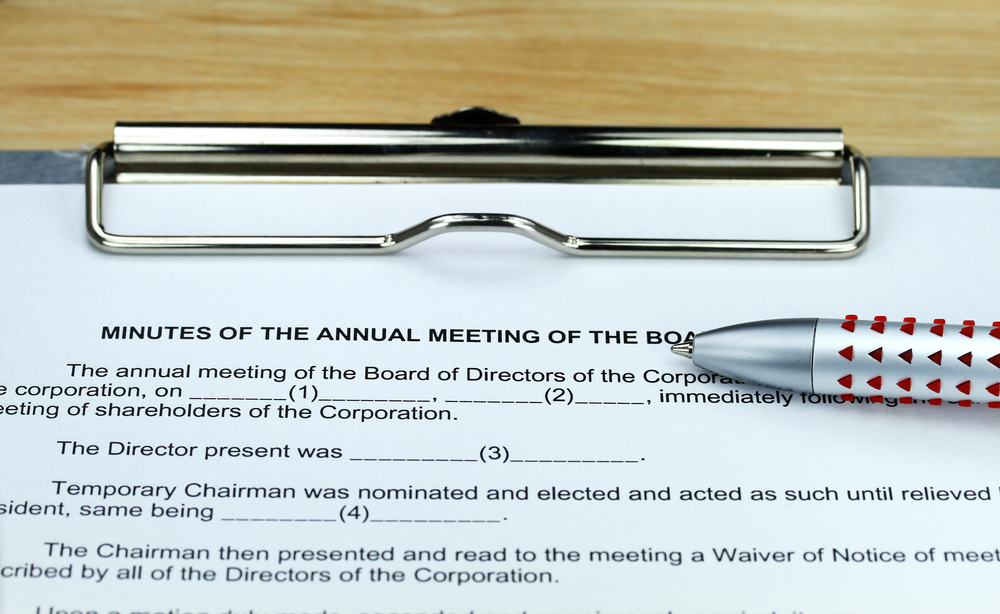Can Presidents of Communities of Owners receive Remuneration?
 PROPERTY owners are filing increasing numbers of complaints about presidents of the comunidad de propietarios (community of owners) in their buildings.
PROPERTY owners are filing increasing numbers of complaints about presidents of the comunidad de propietarios (community of owners) in their buildings.
Abuses of power, passiveness, overstepping legal boundaries, refusal to call annual general meetings and to sanction budgets, unauthorised maintenance and using community funds without approval are common grievances.
Considering that this is technically a non-remunerated post, this may sound like unnecessary aggravation for the presidents. However, could it be that some community presidents are being paid salaries or taking backhanders, and as result, acting like a toxic workplace bosses?
We shall leave the second scenario for now – as it is difficult to prove – and address the main question: are presidents of communities of owners entitled to remuneration?
The Horizontal Property Act is mute on this point as it neither endorses or bans it. Caselaw on the contrary is more specific, giving the following clues:
The Appeal Courts of Malaga, the Balearics and Tenerife have declared that presidents cannot have a fixed remuneration although
they may be compensated for the costs and trouble inherent to carrying out the job of President.
The Appeal Court in Las Palmas holds a contradictory case where statutes specifically state: “
the President of a specific Community will not generate remuneration,
adding however
this prohibition is not incompatible with covering representation expenses, more or less modest, against submission of receipts or invoices for the most relevant expenses.
The appeal court in Granada is more restrictive and states:
while prima facie the job of President is pro bono, such a mandate is not incompatible with receiving consideration by the community.
In this case, an AGM resolution where the president was exonerated of paying his monthly fee was deemed void because it
altered the coefficients of ownership within the community of owners … and a professionally remunerated administrator can do this job.
On the contrary, the Appeal Court in Barcelona is adamant about the validity of the prohibition since the Catalan Civil Code specifically envisages the unpaid nature of this job.
Regarding the required quorum in an AGM (or EGM), most courts consider that a resolution to grant a regular remuneration requires unanimous consent, if it goes against the statutes or articles (because they stipulate that it is an unpaid job), whereas a resolution to simply cover representation expenses can be decided by a majority of votes, irrespective of what the statutes or articles state.


 We have been recently approached by a client asking whether sticking ones name on a list of debtors for Community fees is a legal thing to be done by the President or the administrators office.
We have been recently approached by a client asking whether sticking ones name on a list of debtors for Community fees is a legal thing to be done by the President or the administrators office.